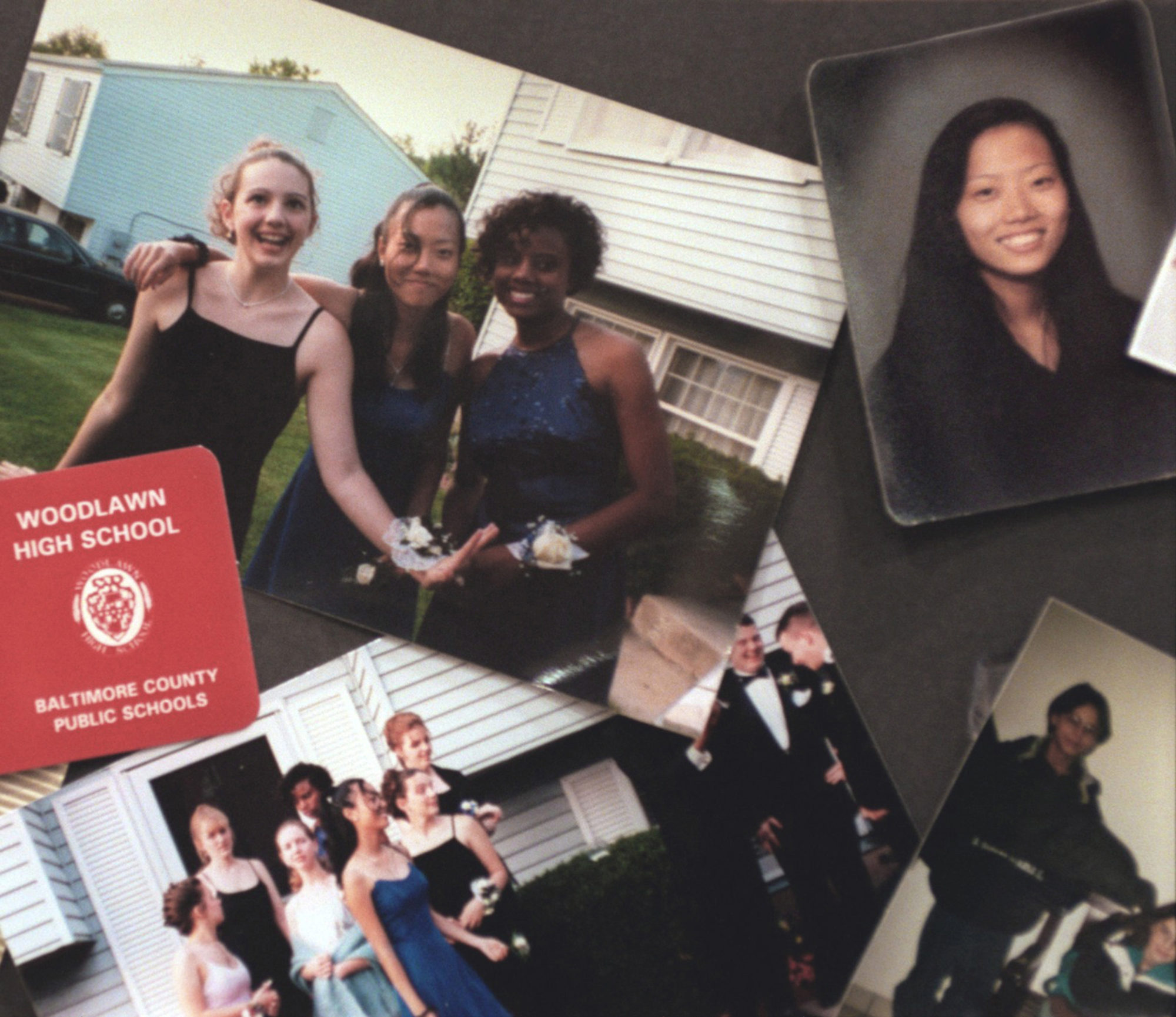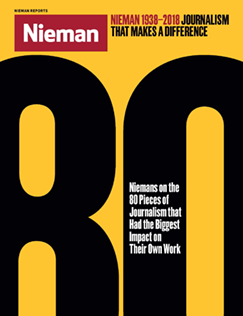
Photographs of Hae Min Lee and her friends. Lee’s murder in 1999 and the conviction of her ex-boyfriend Adnan Syed are the subject of the first season of “Serial”
Sometime around the point when “Saturday Night Live” did a parody of “Serial,” a joke passed among audio producers that “Serial” invented podcasts. It didn’t, of course, but in a lot of ways, it may as well have.
“Serial” is a medium-defining work. It took near-perfect advantage of the form’s aesthetic and technological advantages. The show probably wouldn’t have been such a hit without both the inherent intimacy of audio and the ability to send new pieces of audio to listeners’ phones automatically. Being an outgrowth of “This American Life,” a show that redefined radio storytelling, didn’t hurt either.
The story and the way it was told brought listeners to podcasts. This may have been inevitable given the format’s growth. But podcasters weren’t going on late-night shows before “Serial” host Sarah Koenig did. Its effect on podcasting was as if a story in The New York Times got people to subscribe to four other newspapers as well.
The show came out during my Nieman year. I had spent most of my career working with audio, but I felt stuck. I wanted to do something beyond the typical broadcast story, but the options didn’t seem clear. So many podcasts at the time were interview or roundtable shows and it wasn’t easy to get people to pay attention. Radio documentaries were a good option for in-depth reporting, but they were hard to get on the air. When “Serial” blew up, it was like a giant voice granting permission to do something different, and challenging all us audio
journalists to make something great.
This shouldn’t overshadow, though, that “Serial” is also a great work of journalism, a great story. It effectively reopened a little-known murder case and educated its audience on the justice system.


